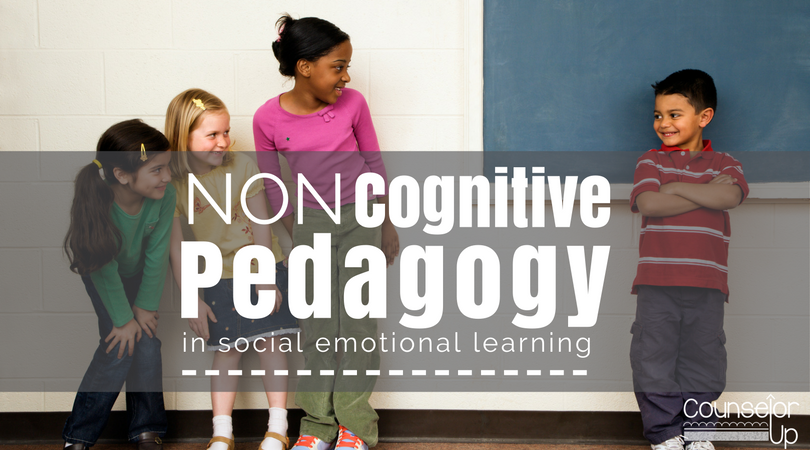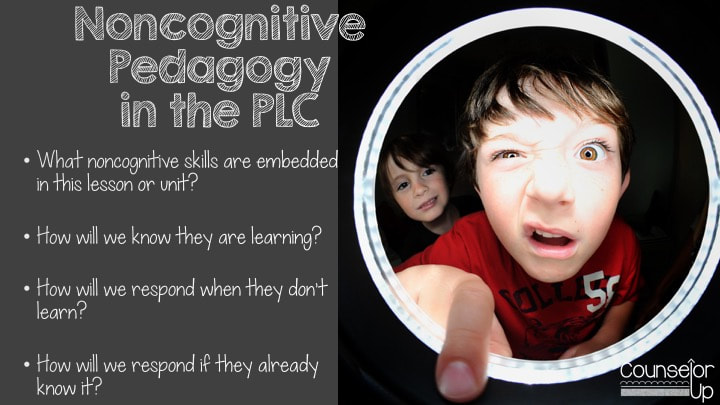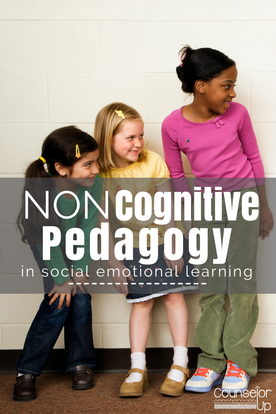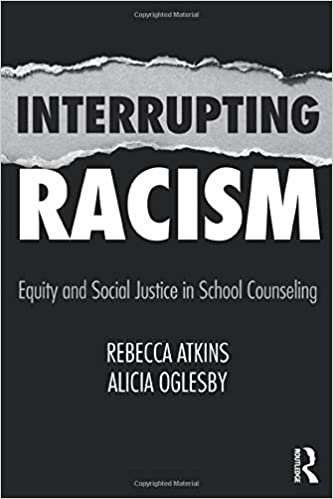Noncogntive Skills: sets of behaviors, skills, attitudes, and strategies that are crucial to academic performance in their classes, but that may not be reflected in their scores on cognitive tests.
~ University of Chicago Consortium on Chicago School Research
Professional Learning Communities
- What do we want students to learn?
- How will we know they are learning?
- How will we respond when they don't learn?
- How will we respond if they already know it?
What noncognitive skills are embedded in this lesson or unit?
How will we know students are learning?
- Demonstrate creativity,
- Apply media and technology skills,
- Demonstrate ability to manage transitions and ability to adapt to changing situations,
- Use effective oral and written communication skills and listening skills,
- Use effective collaboration and cooperation skills,
- Use leadership and teamwork skills to work effectively in diverse teams.











